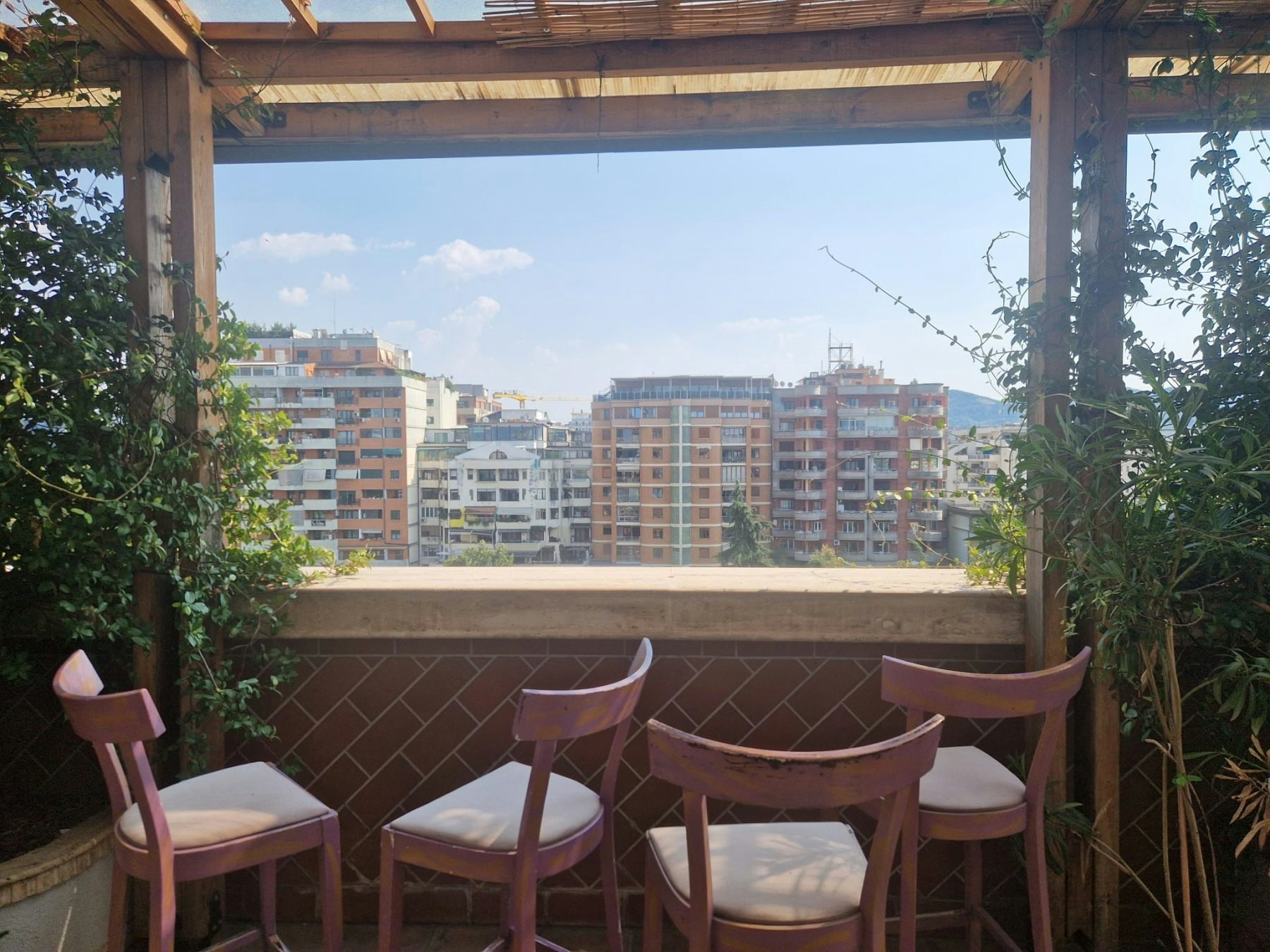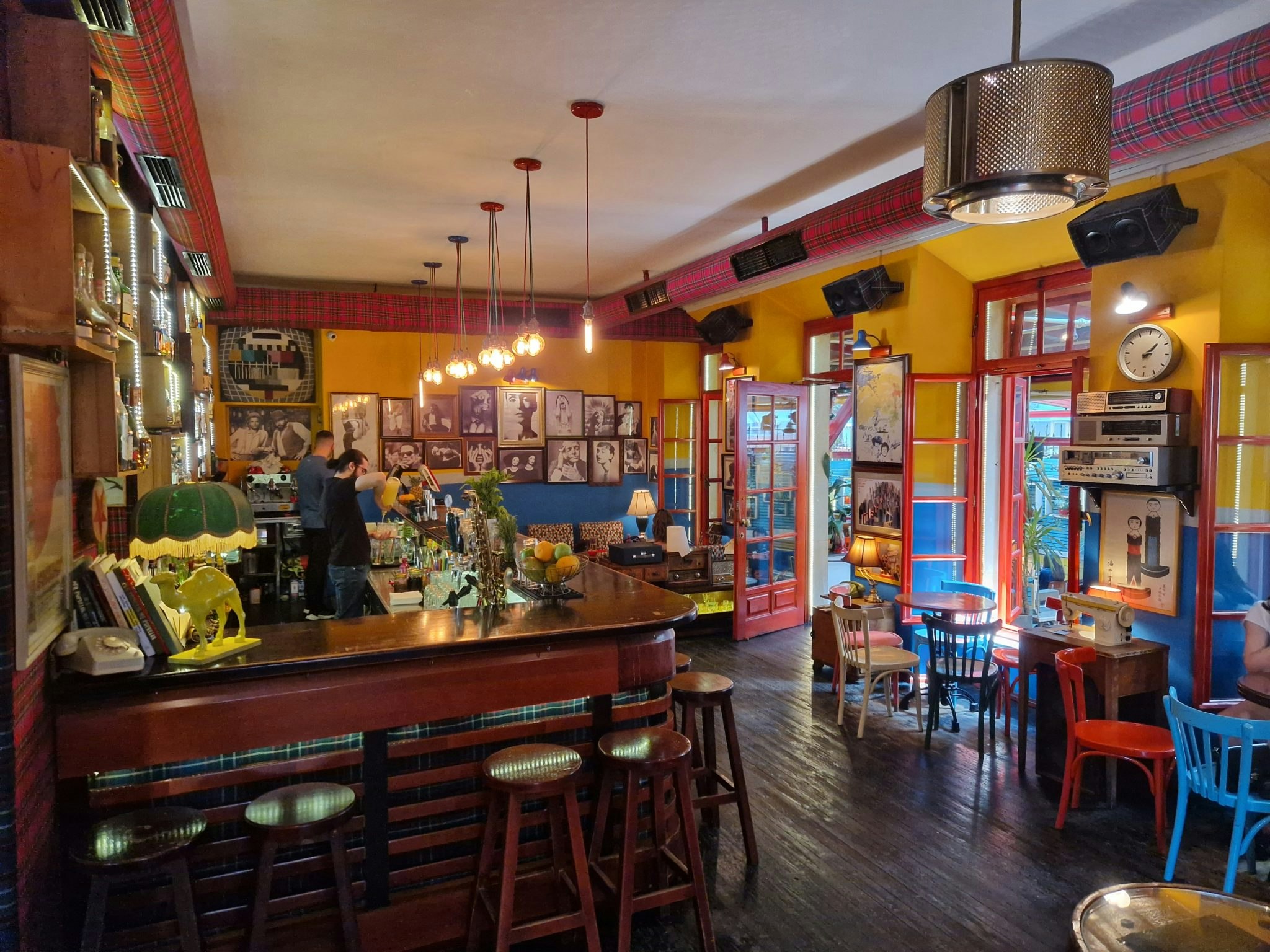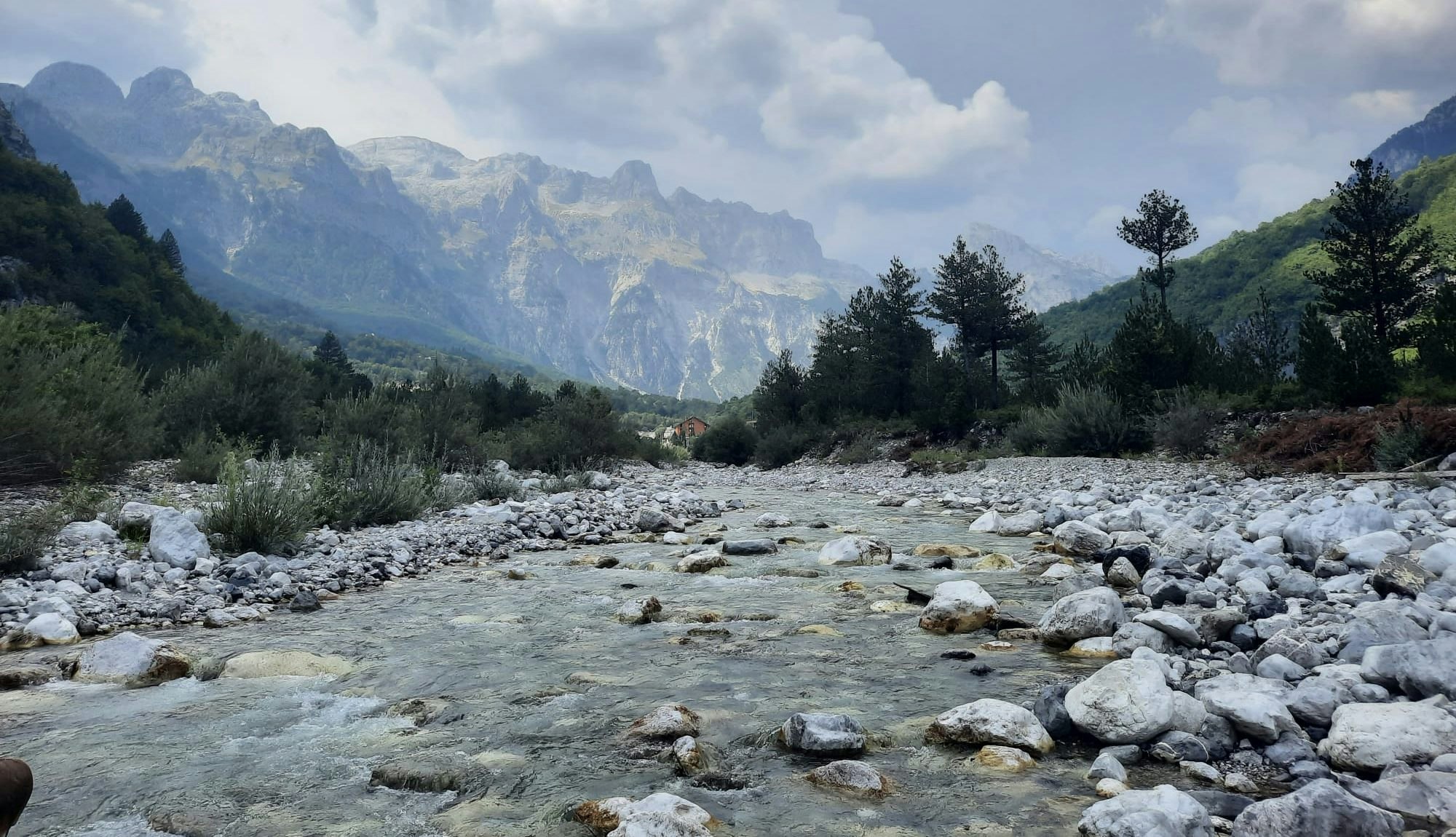Albania, recently dubbed the Caribbean of Europe, is the continent’s new hot travel destination — and digital nomads don’t want to miss out.
A small but growing cohort of remote workers are flocking to this hidden gem of the Balkan region for sun, sea and competitive prices — not to mention the good food, scenic views and friendly locals. In June, the number of airline passengers to Albania more than doubled in comparison to the same period last year, according to ACI Europe, an association of airport operators.
The government is also slowly waking up to the economic benefits of attracting digital nomads, who tend to stay longer in a country than the average tourist.
But the country is still streaks behind more established nomad hotspots like the Portuguese island of Madeira, and locals say the government needs to focus on improving infrastructure, from roads and transport to accommodation, which is already creaking under the sudden influx of tourists and nomads.
The pull factor
Albania has steadily been growing in popularity as a nomad destination for the last two years, says Emi Milo. She runs a coworking space called Innospace in Blokku, a trendy neighbourhood in Tirana which in previous decades was filled with villas owned by Communist party members.
When Milo, an architect, set up Innospace in 2019 with her partner, there was only one other coworking space in the city. A handful more, such as Coolab and Nomad Island, have since popped up in line with rising demand.

“People come to Albania because, even in this tiny country, you have mountains, beaches, a big city with bars and restaurants,” she says. “From Tirana, you can easily drive down to Saranë or Himarë for sun and sea, or north for hiking.” Though, she adds, late night partying is off limits in most places, given that music in bars shuts off by midnight.
Samantha Scott, who has been a digital nomad for six years and runs a blog called All Things Remote, spent a month in Tirana in May this year — and plans to return to Albania some time in 2024.
“It’s affordable, enjoyable and just an easy way of life over there,” says Scott, who enjoyed watching the sun rise and set over the lake close to her Airbnb — and the cheap coffee. “I think the trend of Albania is growing for sure — especially for beach-loving nomads but also for everyday tourists.”
Improving infrastructure
There are naturally downsides to being a nomad in Albania.
Nomads Sifted spoke to said getting around isn’t super easy, given that many of the cities are car-clogged and bus routes and timetables are often tricky to navigate. In the seaside towns, roads can be narrow and bumpy, and while Albania generally has good WiFi, some Airbnbs and hotels don’t offer it as part of the package.
Another challenge: there isn’t yet a dedicated digital nomad community in Albania to put on events, offer advice or help people meet each other, says Shlomo Freund, a serial entrepreneur and digital nomad who travels with his family.

In more established digital nomad hotspots, like Madeira with its digital nomad village, there’s a ready-made network and lively calendar of activities to plug into.
For Freund, not having the plug and play style community in Tirana was difficult, especially as he and his wife were keen to meet fellow nomadic parents. It was also hard for his two eldest daughters: at seven and two years old, they need to be able to socialise with other children. “It takes time to build a network from scratch,” he says.
Attracting nomads
Albania’s self-employed visa, which was launched in November 2022, is making things easier for remote workers to move to the country — though there are not yet official government statistics on how many people have applied for it.
The visa entitles remote workers to stay in Albania for up to a year without paying taxes and can be applied for online for free — a blessing, given many digital nomad visas have application fees attached to them.
Albania’s government, however, is still “grasping” how to bring in nomads and persuade them to stay long enough to build companies or invest in real estate, says Erkan Munishi, founder of Digital Nomad Association USA. He worked with the Albanian government in 2021 to lay out the guidelines for its self-employed visa and previously worked with Dubai and Greece on similar projects.
“It was a tough educational process to walk (the government) through the fact that we weren’t just wanting to bring in tourists, but people who will stay there for 12 months and add value to the community,” says Munishi, who was born in Kosovo and frequently visited Albania as a child.
"Their measure of success or KPI (so far) has been the number of people who land in Tirana on international flights.” Sifted has contacted the Albanian government for comment.

To attract more nomads and encourage them to stick around, Munishi says the government needs to create opportunities for digital nomads to engage with locals to make them feel part of the wider community. It could, for example, arrange for tech-savvy nomads to go into startup hubs and give talks, or into schools to do workshops for the younger generation.
Other countries, such as Croatia, have digital nomad communities — set up by nomads themselves — which act as a one-stop shop for remote workers arriving there. Beyond providing help and advice to nomads, the community acts as an ambassador for nomads in society, voicing their needs and concerns to the government and educating the public on what a digital nomad actually is. Albania, says Munishi, could benefit from doing the same.
Despite these imperfections, digital nomad veterans still think Albania has big potential.
Remote work consultant Goncalo Hall, the creator of Madeira’s now famous digital nomad village — which was designed to rejuvenate the island’s economy post-Covid — says Albania has the potential to be in the top three digital nomad destinations in Europe.
Perhaps it just needs a digital nomad village of its own to kick things off.



